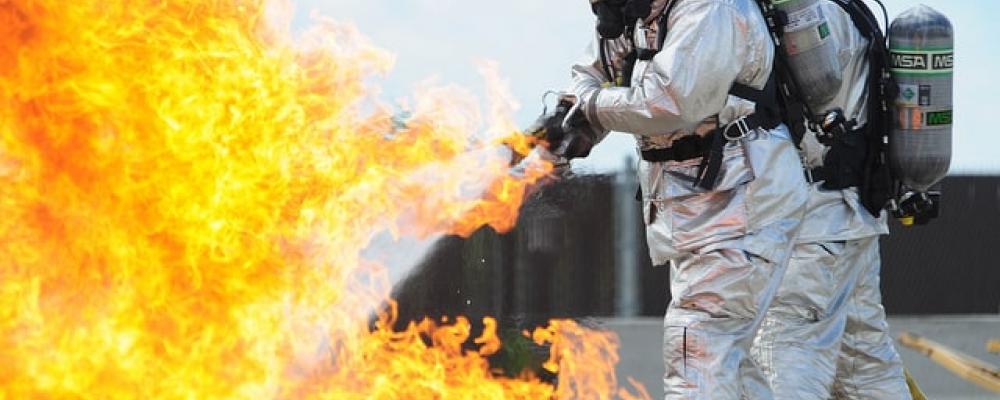
Several years in the making, legislation to expand access to health care benefits to service members with illnesses related to exposure to toxics from overseas burn pits will soon be law.
Last week, the Senate voted 86-11 to pass the Sgt. First Class Heath Robinson Honoring our Promise to Address Comprehensive Toxics Act.
The measure will fund research and benefits to an estimated 3.5 million veterans suffering from health conditions developed after exposure to burn pits in Iraq and Afghanistan.
President Joe Biden will sign it into law tomorrow, but the Department of Veterans Affairs already has a website detailing who is eligible for benefits and how to begin filing claims. The site has resources for surviving spouses to determine their eligibility for benefits, too.
Introduced in May by Sen. Jon Tester, D-Mont., and Sen. Jerry Moran, R-Kan., the chairman and ranking Republican of the Senate Veterans’ Affairs Committee, respectively, the PACT Act adds 23 conditions to the VA’s “presumptive disability” list, meaning veterans don't have to prove an illness relates to military service.
Under the law, 31 new VA health care facilities will be created across 19 states, with the goal of increasing the agency’s claim processing capacity. The bill also has provisions to improve resources for training VA health care and benefits professionals.
The bill was named after an Ohio Army National Guard soldier who served in Iraq and Kosovo. Robinson died in 2020 from toxic exposure resulting from his military service.
The Military Times first reported on respiratory illnesses among service members in Iraq and Afghanistan in 2008, but it was several years later the use of burn pits was restricted.
Burn pits were large areas on bases where plastics, rubber, medical waste and other garbage was incinerated. Exposure to the fumes resulted in respiratory illnesses among some veterans.
Besides expanding coverage to those exposed to Agent Orange in Vietnam and toxins in the Persian Gulf, the PACT Act incorporates the Camp Lejeune Justice Act.
Introduced last November, the bipartisan bill seeks to grant judicial relief to Marines and their families who are suffering due to water contamination while stationed at Camp Lejeune, North Carolina.
The PACT Act's passage may be easy compared to executing its provisions.
As of January, the VA had roughly 260,000 first-time, general benefit claims.
- By Jennifer Hickey












